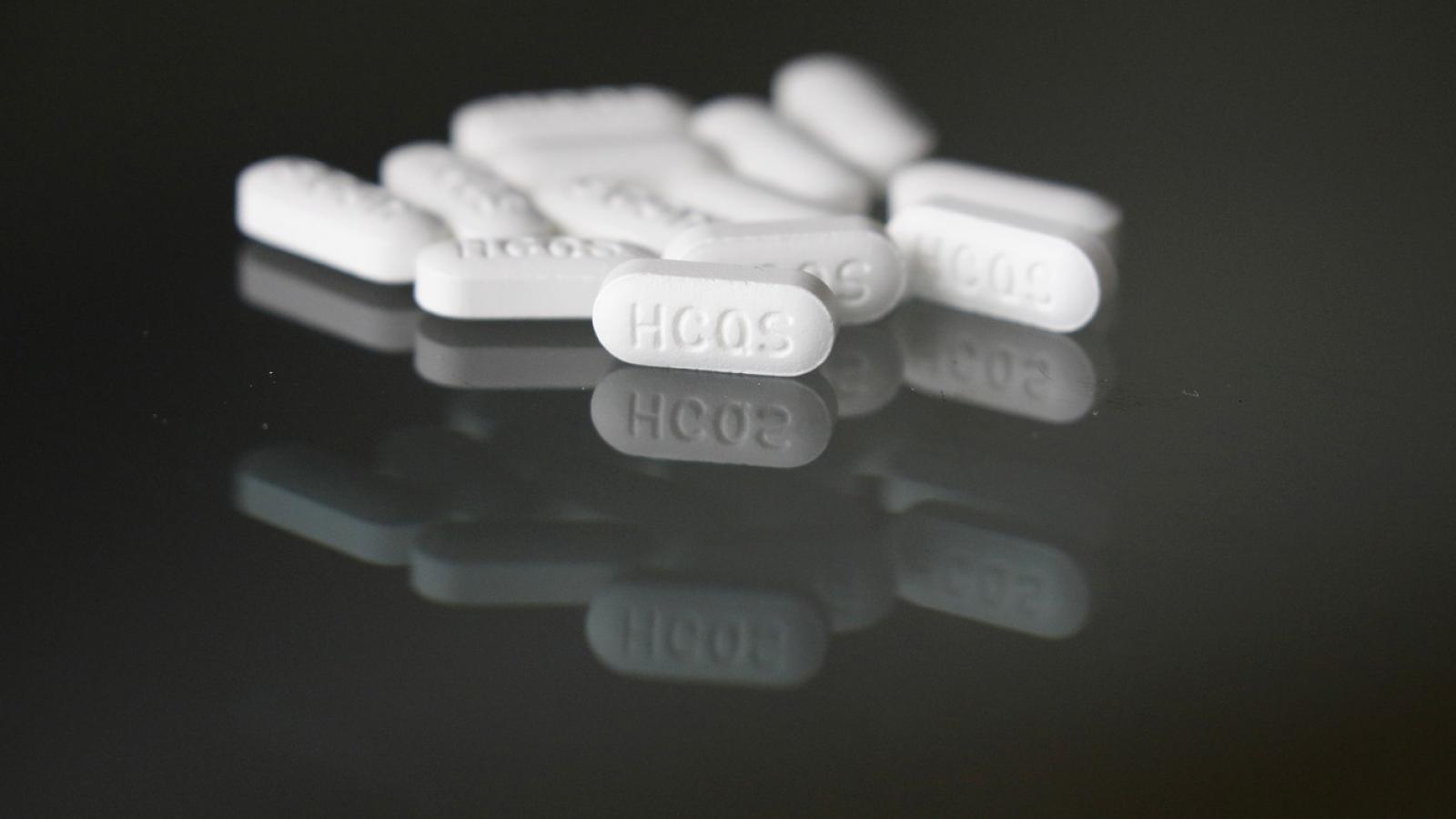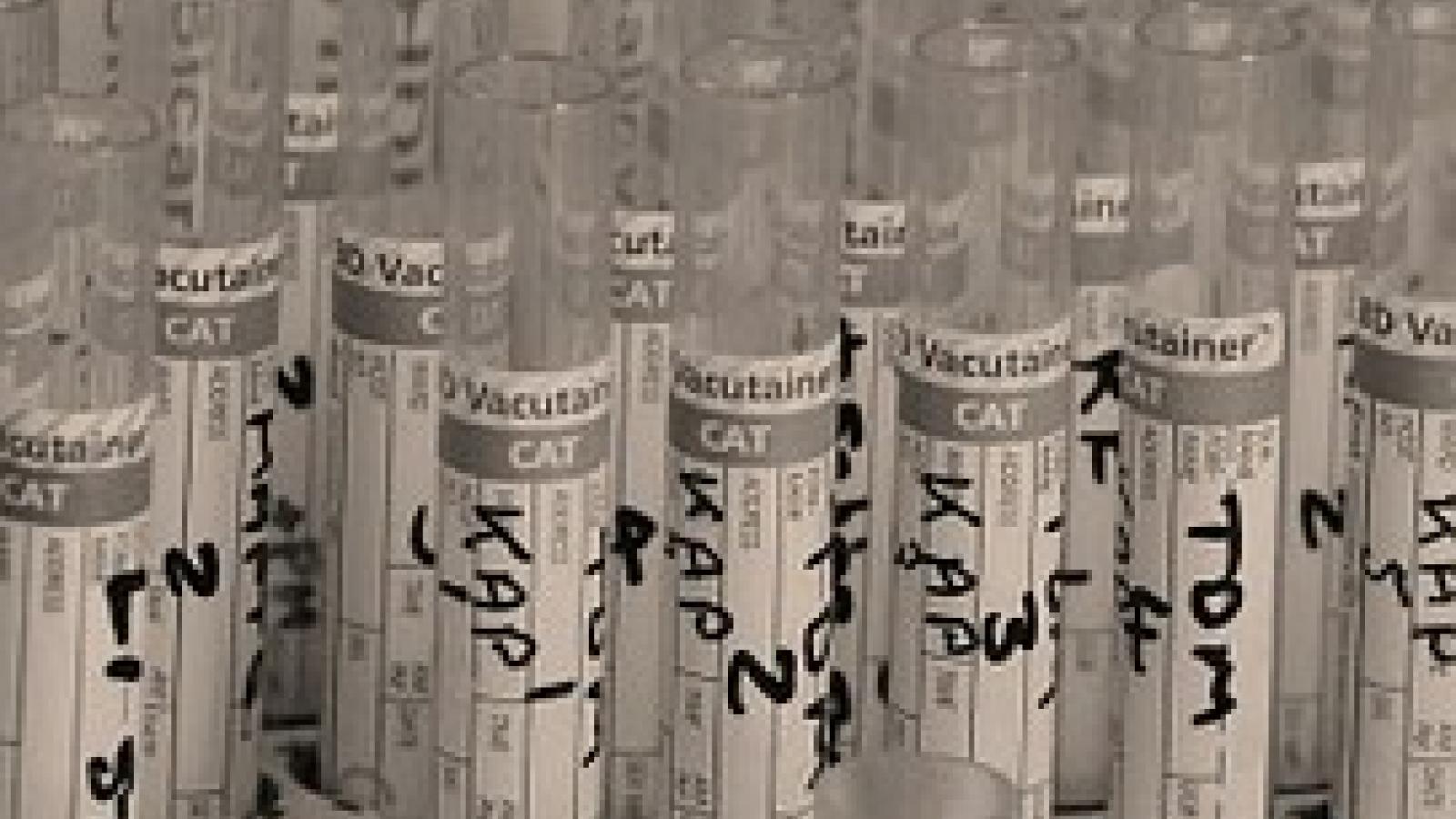Anti-Rheumatic Rx
On the last day of ACR21 Annual Meeting, the RheumNow faculty selected these 15 as their favorite reports.
Hitting the home stretch, day 3 presentations were big! Here are a few of my favorites: secukinumab efficacy in juvenile PsA; VEXAS - predicting poor outcomes; and the FDA Safety Update session.
The third day of ACR 2021 took a big leap in online content. Here is a compilation (with links) of presentations were the “ACRBest” as seen by our RheumNow faculty.
This report highlights the VITAL trial; the ORAL Surveillance Study; and the Microbiome study of monozygotic psoriasis patients.
Methotrexate may be a rheumatologist’s best friend, but a key part of counselling any patient about its use has always been the risk of hepatotoxicity. Despite methotrexate’s near-ubiquitous use in rheumatology, and the consequent frequency of patient counselling about it, relatively little is known about what precautions are absolutely required, a situation which might otherwise provoke anxiety for patients.
The RheumNow faculty reporters have been scouring and reporting on the best abstracts from the ACR. Here is a sampling of their choice abstract presentations reported during ACR 2020 Day 2 (#ACRbest).
The first full day of Abstracts and Presentations from ACR Convergence, was full of highly engaging sessions, quality posters and unique presentations. To hear more about the best of the best, I would encourage you to look at our Day 1 Recap Video and Day 1 ACR Best Abstracts. Here are a few of my favorites from the first day.
The opening of ACR2 Convergence was a hit for all who signed up and viewed in. The day included the presidential address by outgoing president Dr. David Karp (UT Southwestern) and a keynote talk and interview with Dr. Seema Yasmin (Stanford).
The Year in Review featured a clinical vs basic science Brigham and Women’s Hospital faceoff between its two faculty, Dr. Karen Costenbader and Dr. Michael Brenner.
Dr. Cush reviews the news, and kicks off ACR21 learning and how to take in the annual meeting.
Since the start of the pandemic, hydroxychloroquine (HCQ) was forced into the limelight for the prevention/treatment of COVID-19. When it was found to be ineffective for COVID-19 and might cause potential harm, the drug came under closer scrutiny for its safety profile.
CreakyJoints will present 11 posters and two oral presentations at ACR 2021. COVID-19 research revealed significantly high levels of anxiety, anger, depression, and social isolation, which were linked to medication interruptions and associated flares suggesting during the pandemic, patients often felt unsupported by all levels of the healthcare system.
The pharmaceutical companies will feature the results of their pivotal clinical trials and data analyses at ACR Convergence 2021. Below is a listing of some of their best studies for you to review and look for in the meeting. Often these become the pivotal studies for regulatory approval and the annual congresses are their first look.
Bristol Myers Squibb
New research presented this week at ACR Convergence, the American College of Rheumatology’s annual meeting, shows that allopurinol and febuxostat may effectively lower urate levels when used in a treat-to-target approach. Importantly, both urate-lowering therapies were very effective with 90% of patients reaching target urate levels. Additionally, both appeared safe, with no evidence of increased cardiovascular toxicity (Abstract #1900).
Post-pandemic structured surveys and interviews with rheumatology patients suggests they may prefer for face-to-face consultations, as telehealth visits run the risk of diagnostic inaccuracies and safety concerns.
Researchers surveyed a total of 1,340 (UK) patients and 111 clinicians n = 111 and interviewed 31 patients and 29 clinicians between April and July 2021.
New research presented this week at ACR Convergence, the American College of Rheumatology’s annual meeting, shows that proactive therapeutic drug monitoring, a newer treatment strategy where a patient’s drug serum levels are regularly assessed to adjust the dose and intervals,


























 Poster Hall
Poster Hall